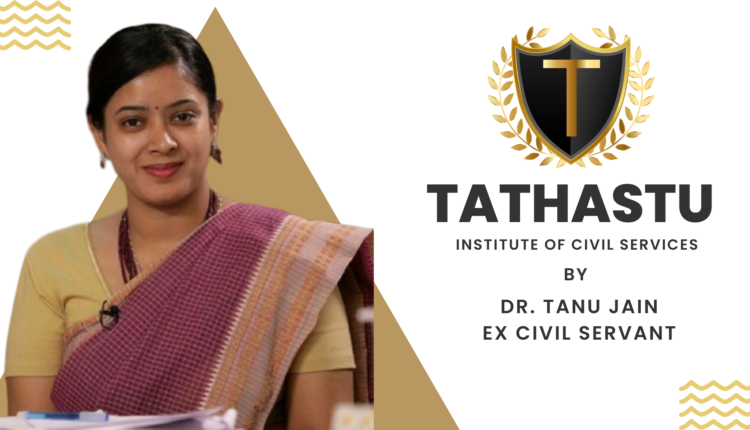Understand UPSC Syllabus With Tathastu ICS
The UPSC Prelims exam tests candidates’ knowledge of history, geography and culture – fundamental components to civil services careers. A strong grasp on these topics is essential.
Current affairs play an integral part in all three stages of UPSC exam examination, from Prelims through Mains and interview. They help navigate a dynamic General Studies paper, enhance essay writing and enhance interview answers.
General Studies Paper I
General Studies Paper I of the Civil Services Examination (CSE) covers an array of subjects including History, World Geography, Society and Indian Culture as well as Current Affairs. Candidates taking this test must possess knowledge of international organizations, agencies and forums as well as understand how developed and developing countries’ policies affect both their interests as well as those of India.
Civil Service Aptitude Test, or CSAT, became mandatory qualifying paper starting in 2011. It assesses aptitude, logical reasoning, interpersonal skills and general mental ability; to qualify, aspirants must earn at least 33% of marks in this paper.
Understanding the UPSC Syllabus is crucial to successfully passing the Civil Services Examination (CSE). Both CSAT and GS papers offer multiple-choice, objective-type questions for which aspirants should study notes related to each subject area. Conducting mock tests and writing answers also help develop the necessary skills necessary for success in these exams.
Tathastu ICS provides an intensive UPSC coaching course with both General Studies (GS) and CSAT training as well as guidance in choosing suitable optional subjects for Mains examination. They conduct structured answer writing sessions designed to build comprehensive understanding of GS syllabus while simultaneously honing answer writing abilities. Furthermore, their MA+ UPSC course further adds credibility by giving aspirants access to an ex-bureaucrat like Dr. Tanu Jain for guidance and tutoring purposes.
The UPSC interview is an integral component of civil services exams. Worth 275 marks, this assessment evaluates candidates on their ability to think critically, communicate effectively and lead effectively. Aspirants who wish to excel at this stage must be confident discussing a range of subjects, with an eye toward improving overall communication skills. It may be useful to study past interviews in order to get an idea of the kind of questions which might come up during an interview. Maintain confidence during an interview by showing high self-awareness and practicing mock interviews with an experienced trainer is also beneficial in getting acquainted with the format and answering difficult questions more comfortably.

